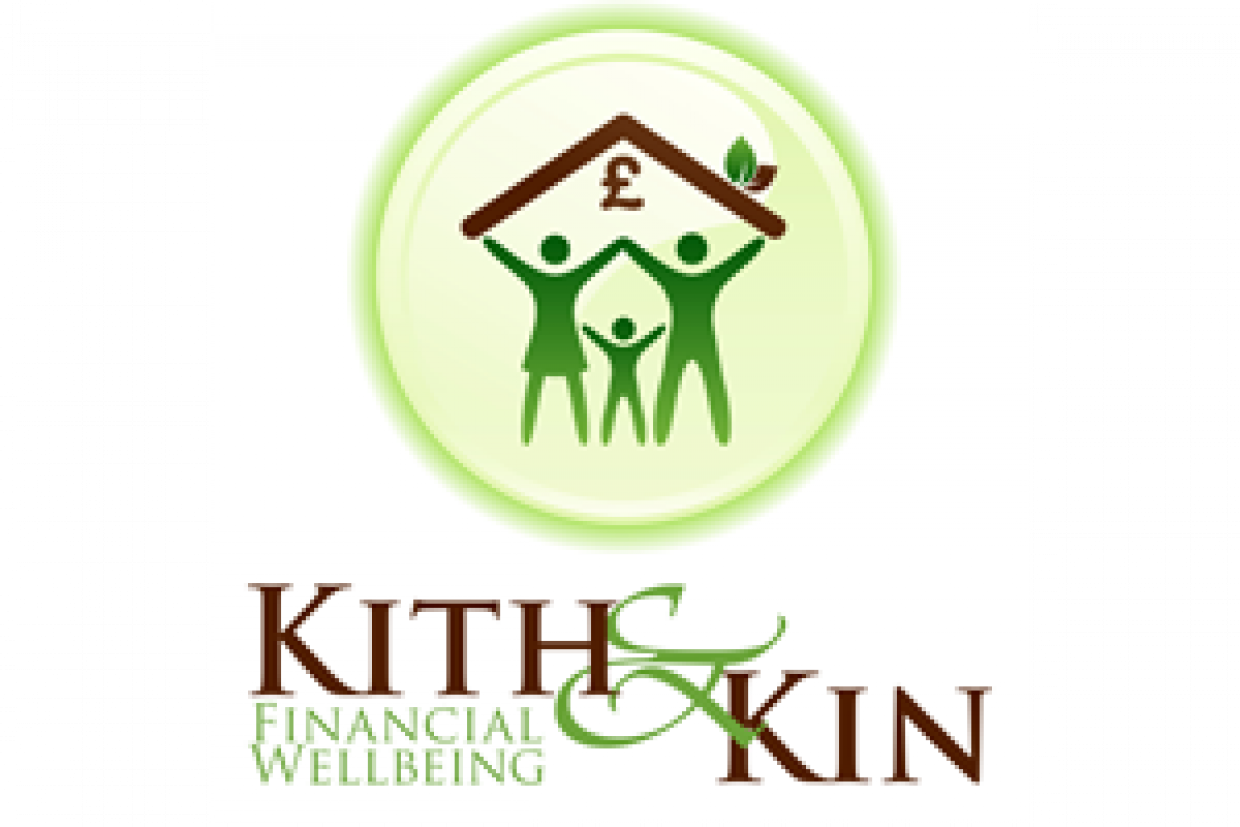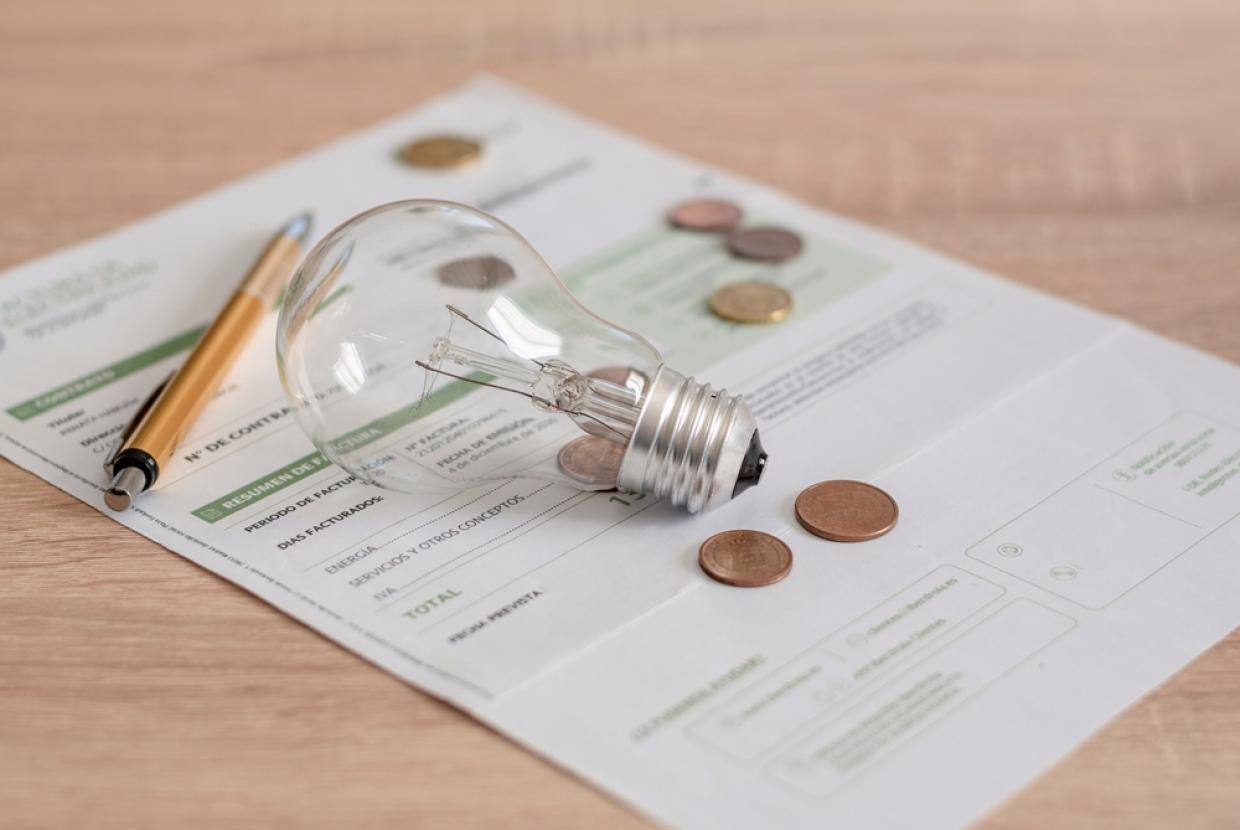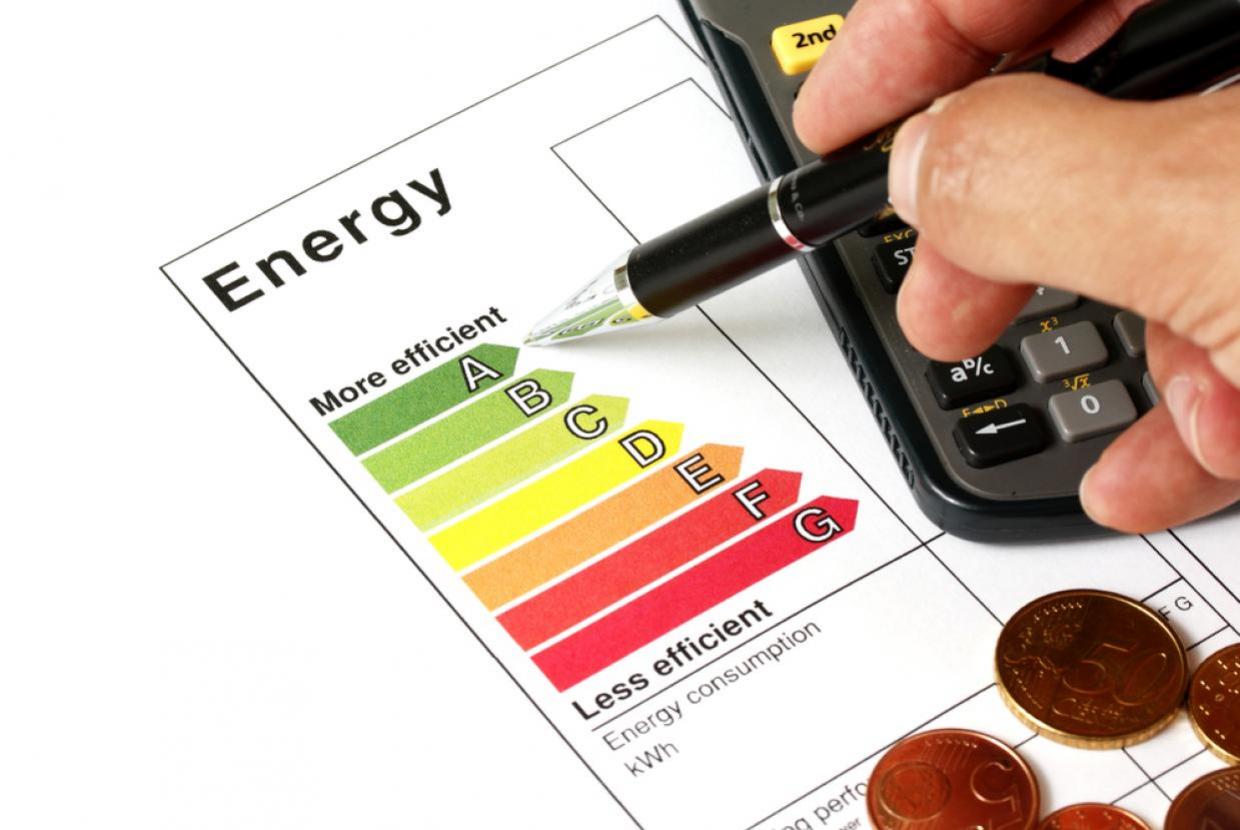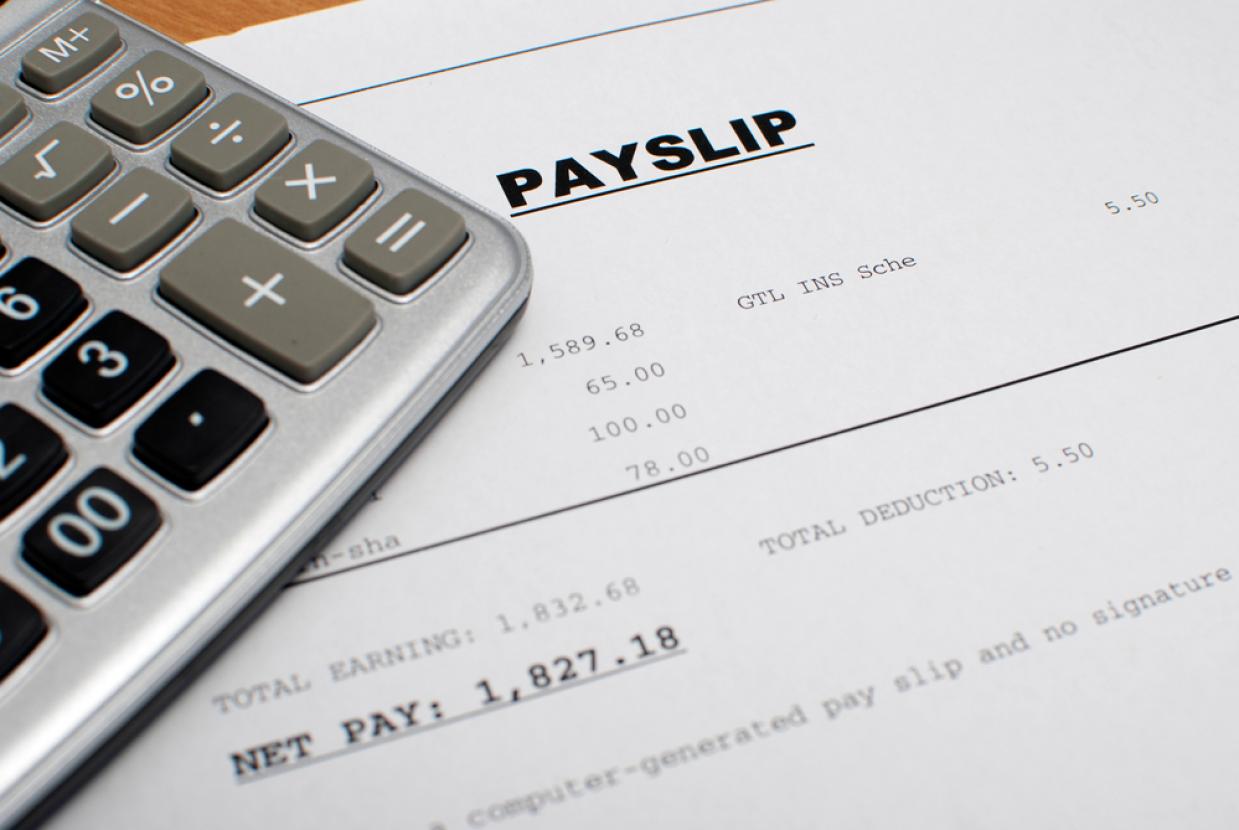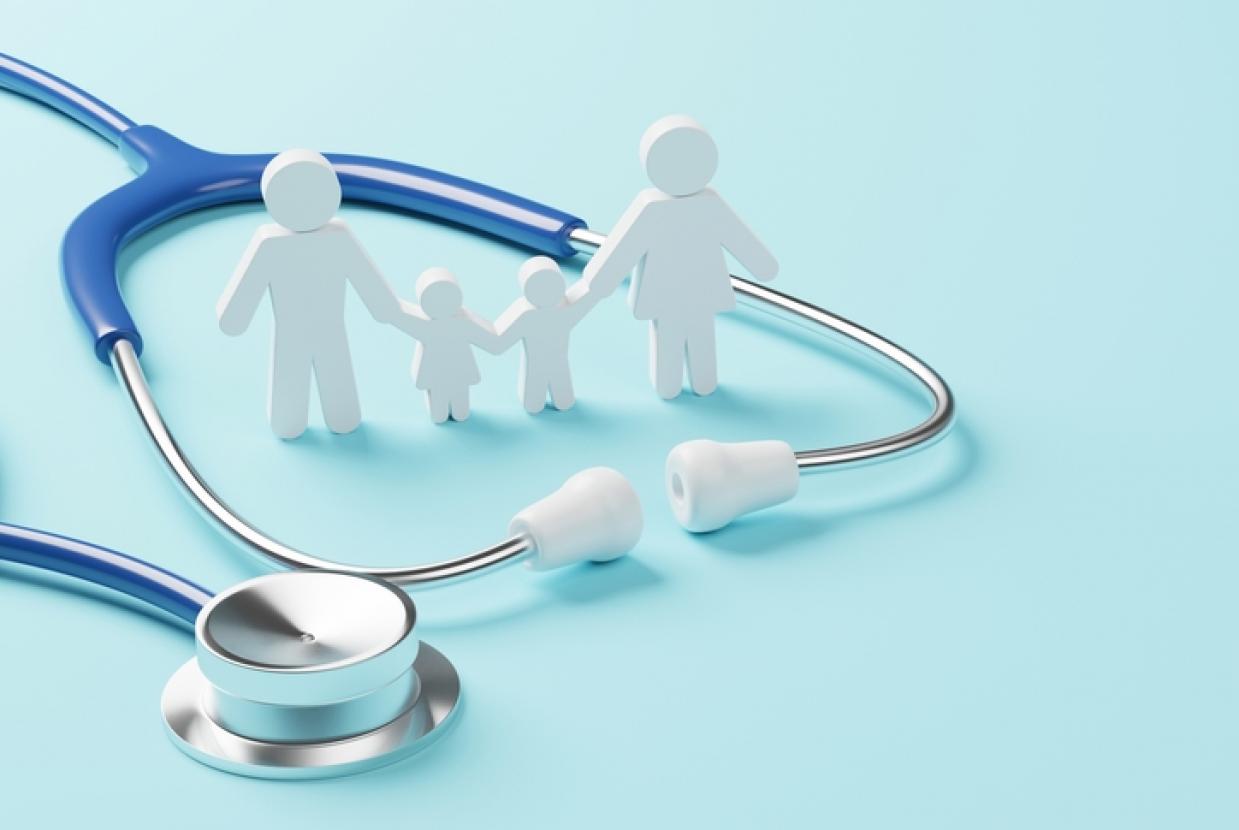What The Autumn Statement Means For You
Cost of Living HelpWith the rising costs of living, you might be wondering how long your household finances are going to be squeezed for. Here's what you need to know about the Government's Autumn Statement 2022.
Tax
The current Chancellor, Jeremy Hunt, has reduced the threshold at which the 45p top rate of income tax is paid from £150,000 to £125,140, which kicks in in April 2023.
There are tax threshold freezes, too – with the Personal Allowance, National Insurance, and Inheritance Tax thresholds not changing until April 2028. Dividend allowances will be cut from £2,000 to £1,000 in 2023-2024, and then to £500 in 2024-2025.
Ex-Chancellor Kwasi Kwarteng’s Stamp Duty tax cut will be reversed on 31 March 2025. So, while you currently don’t have to pay Stamp Duty on first home properties that cost less than £250,000 or £400,000 for first time buyers, it will go back to £125,000 or £300,000 for first time buyers.
From April 2025 electric vehicles bought after 2017 will no longer be exempt from paying Vehicle Excise Duty (known as car tax). New zero emission cars registered on or after 1 April 2025 will be liable to pay the lowest first year rate of VED, which is currently £10 a year. From the second year onwards, they will move to the standard rate which is currently £165 a year.
Electric cars costing over £40,000 will also be charged an Expensive Car Supplement from 1 April 2025. The annual exemption amount for Capital Gains tax will be cut from £12,300 to £6000 next year and then to £3,000 from April 2024.
Energy bills
The Chancellor announced further help with energy bills today – which will be £500 extra support per household on average.
The ‘Energy Price Guarantee’ (EPG) has been extended for another year until 31 March 2024. From April 2023, the Energy Price Guarantee will rise from £2,500 a year to £3,000 for a household with typical usage. Your final bill will depend on how much energy you use; the cap only applies to the unit cost. This means you could pay more than £3,000 if you use more energy or have a lower bill if you use less.
The Government will monitor the effect of the EPG on people who have very high energy usage, such as those with medical needs, to ensure they are not put at risk.
The Government has promised an extra £100 of support to households that use alternative fuels – such as heating oil, liquified petroleum gas, coal or biomass – to heat their homes. The Chancellor announced that the £200 payment should be sent out as soon as possible this winter.
All households in Northern Ireland will get the £200 payment, even if they are connected to mains gas.
Cost of Living payments
Cost of living payments will be extended into next year, with £900 support for those on certain benefits (up from £650 this year. Pensioners will also get an extra £300 and there will be a £150 payment for those who get certain disability benefits.
If you’re in Northern Ireland, the Energy Bills Support Scheme Northern Ireland (EBSS NI), which is the Government’s Energy Bills Support Scheme, provides a £400 non-repayable discount to eligible households to help with their energy bills over winter 2022-23. Equivalent support will be provided to eligible households in Northern Ireland through the Energy Bills Support Scheme NI.
Pensioners
Benefits are being increased by the 10.1% September inflation rate. It only kicks in from next April. Good news for pensioners who are worried about their pensions, as the State Pension triple lock will be kept. That means a 10.1% uplift from April - £203.85 a week from £185.15. You’ll also get a £300 Cost of Living payment in 2023/24.
Benefits
To help people with rising interest rates, from Spring 2023, homeowners on Universal Credit will be able to apply for Support for Mortgage Interest loans after three months instead of nine months, including those who are working.
The Government will cap rent increases for people in social housing to 7%, rents were due to rise by 10% before this was announced.
It’s important to remember that if you are struggling to pay your rent, you should contact your local council as soon as you start to struggle to ask for additional support.
The benefit cap will also see a 10.1%, increase from April 2023. The cap will go up from £20,000 to £22,020 for families nationally and from £23,000 to £25,323 for families in Greater London.
While for single people it will go up from £13,400 to £14,753 nationally and from £15,410 to £16,967 in Greater London.
The Household Support Fund will be extended until March 2024, allowing people on benefits and low incomes to get help with the cost of essentials. In England you apply through your local council. Scotland, Wales and Northern Ireland run their own schemes.
From September 2023, if you’re getting Universal Credit, working the equivalent of 15 and 35 hours a week and earning the National Living Wage you will have to meet with a work coach at your local Jobcentre Plus.
This interview is to look at ways of increasing your hours or getting better paid work with the aim of coming off benefits altogether.
National Living Wage
The National Living Wage will see an increase, being raised to £10.42 (£1,600 extra annually) for full-time workers. All National Minimum Wage rates will also receive a boost from April 2023.
Mortgages
The current Stamp Duty thresholds announced in the mini-Budget in September will stay in place until March 2025 and then will be reviewed.
From Spring 2023, if you’re struggling to pay your mortgage and getting Universal Credit, you will be able to apply for Support for Mortgage Interest – a loan that helps with interest payments – after three months instead of nine. You can also apply if you’re working.
Council Tax
If you live in England, you’re likely to paying more Council Tax next year as the Government has given councils flexibility to make general increases of 3%, plus add an extra 2% to fund social care costs, which could push bills up to a maximum of 5%.














